History is the science of things which are not repeated
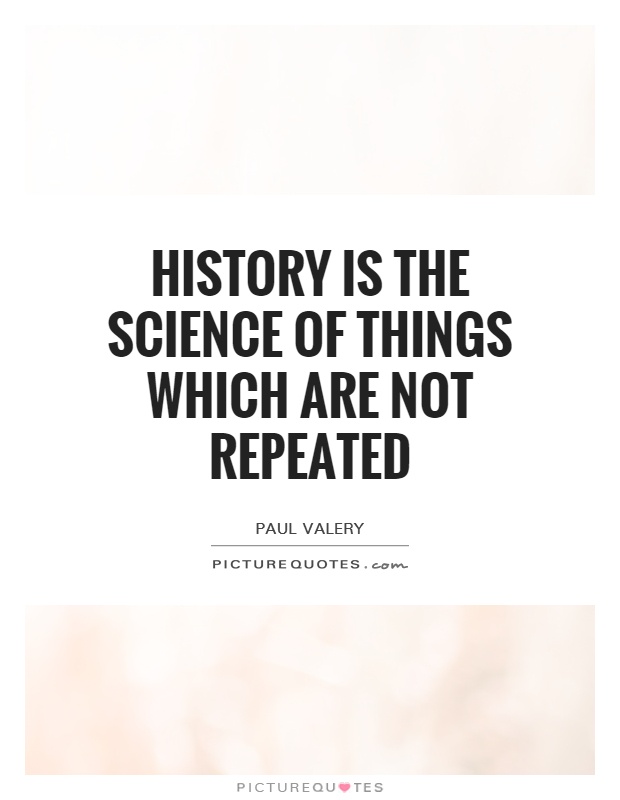
History is the science of things which are not repeated
Paul Valéry, a French poet, essayist, and philosopher, once famously said, "History is the science of things which are not repeated." This statement encapsulates the essence of history as a discipline that seeks to understand and interpret the past in order to make sense of the present and shape the future.Valéry's assertion underscores the unique nature of historical events and the importance of studying them to gain insights into human behavior, societal dynamics, and cultural developments. History is not just a record of past events; it is a complex and nuanced field of study that requires critical analysis, interpretation, and contextualization. By examining the past, historians can uncover patterns, trends, and connections that help us understand the present and anticipate the future.
One of the key aspects of Valéry's statement is the idea that history is not a static or repetitive process. Each historical event is unique and shaped by a myriad of factors, including political, social, economic, and cultural forces. While history may sometimes appear to repeat itself, it is never an exact replica of the past. The lessons learned from one historical event may inform our understanding of similar events in the future, but they do not dictate the outcome.
Valéry's perspective on history also highlights the importance of historical consciousness and the role of memory in shaping our understanding of the past. History is not just a collection of facts and dates; it is a living, breathing entity that is constantly being reinterpreted and reevaluated. By engaging with history, we can gain a deeper appreciation for the complexities of the human experience and the ways in which the past continues to influence the present.
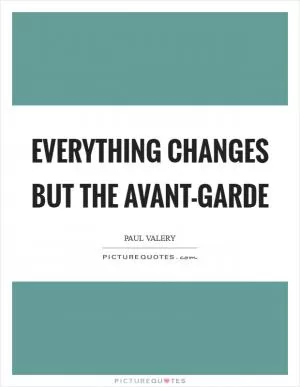

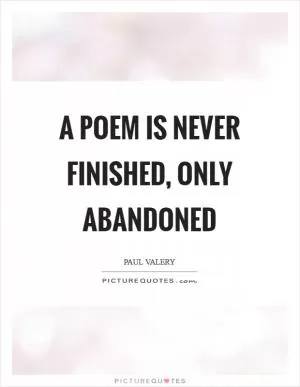
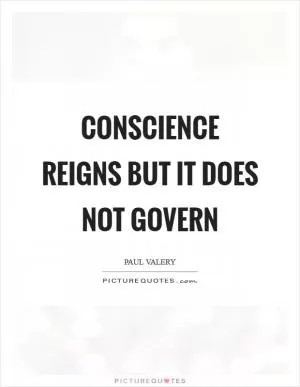
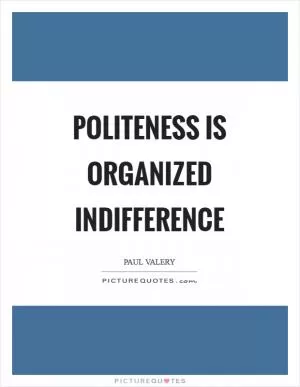


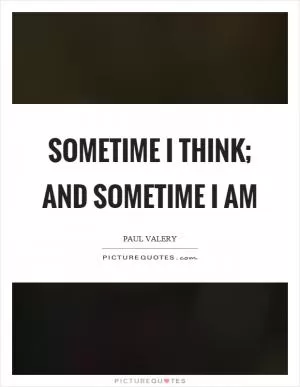
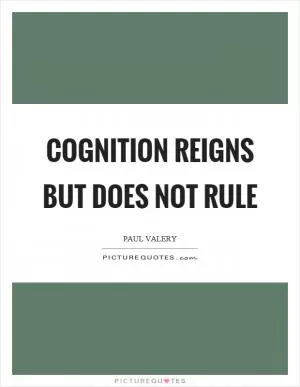
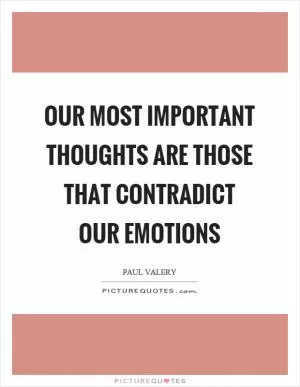

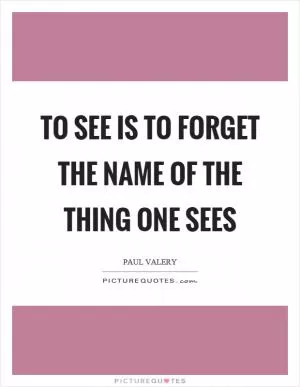
 Friendship Quotes
Friendship Quotes Love Quotes
Love Quotes Life Quotes
Life Quotes Funny Quotes
Funny Quotes Motivational Quotes
Motivational Quotes Inspirational Quotes
Inspirational Quotes